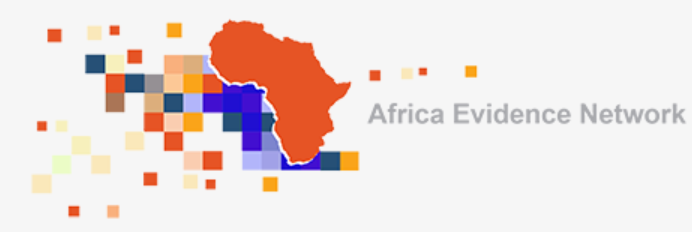
The VakaYiko Consortium has recently concluded a nine-day evidence-informed policy making (EIPM) training at the Civil Service Training Centre (CSTC) in Accra, Ghana. CSTC is the official training centre of the Ghanaian government, offering more than 60 courses to in-service personnel at all levels of the Civil Service. The EIPM course will be embedded within the Centre’s suite of courses, making it available to civil servants across the government in the years to come.
Mid-level civil servants play a key role in policy formulation in Ghana. In preparing briefs, memos and reports on a wide range of issues from gender based violence to petroleum smuggling, fisheries policy and telecommunications systems, participants are on the front lines of the process of gathering evidence and communicating it to decision makers. However, as the Head of Civil Service, Nana K. Agyekum Dwamena, said in his opening address, “the analysis that should go into those decisions and policies is not completed”. “The problems we are having in this country”, he said, “are a matter of policy failure”, adding that he believes that one reason that 60% of policy decisions made by Cabinet are never implemented is because they do not have a sound evidence base. “You are contributing to solving this problem”, he told participants; “you are supposed to do the analysis and provide the evidence…this will impact directly on the kind of policies we have”.
Bringing together 23 participants from 14 ministries and the Research Department of the Parliament of Ghana, last month’s training was the first time that the new EIPM course has been piloted in Ghana. The course aims to build skills in searching for, accessing, assessing, and communicating policy-relevant research. It was delivered by CSTC trainers, with support from VakaYiko partners INASP and the Ghana Information Network for Knowledge Sharing (GINKS) as well as guest speakers Professor AA Alemna and Dr Emmanuel Adjei from the University of Ghana, and Dr George Essegbey of the Council for Scientific and Industrial Research. The training benefited enormously from the insights of these researchers, who were invited as part of a GINKS commitment to build alliances across different parts of the research system in Ghana.
Learnings on the content and structure of the course are contributing to an ongoing process of revision of the modules after each pilot. At the end of the programme, the final EIPM Toolkit, comprising the facilitators’ handbook for each module and associated learner-centred activities, readings, handouts and reflection tools will be shared with all stakeholders. The Toolkit is informed by real-life examples raised in the pilot sessions.
In line with standard CSTC procedure, participants produced Action Plans during the training detailing how they plan to implement the learnings from the course. Some of the initiatives planned over the coming months include sensitization meetings and report-back sessions, creation of a new statistical database for the department, improving physical document storage/libraries, and soft storage of relevant systematic reviews. These Action Plans are a key feature of CSTC trainings, and are followed up closely by CSTC with participants and their supervisors to ensure implementation. This is one way in which VakaYiko hopes to go beyond individual skills-building to address wider institutional factors and ensure that the programme has a clear sustainability component.
VakaYiko’s approach in Ghana focuses on embedding EIPM training within existing internal structures (CSTC) and practices in the Civil Service. This enables a very broad reach across Ghanaian government institutions, but less specific focus on individual institutional needs and also less focus on evidence-informed policy making as a topic, since it is one of several dozen different courses being delivered by trainers at the Centre. This differs to the approach taken in Zimbabwe, where EIPM training is offered externally by VakaYiko partner ZeipNET, who focus exclusively on evidence-informed policy making to specific institutions (Parliament, the Ministry of Youth, and the Ministry of Industry & Commerce). INASP as an organization has a very reflective ethos, and we are looking forward to drawing out and comparing the learnings from these very different approaches as we go forward.
With thanks to the Principal of the Civil Service Training Centre, Mrs Dora Dei-Tumi; CSTC trainers lead by Coordinator Mr Ebenezer Rexford Amankwah; as well as our partners at GINKS for a productive and successful pilot.
More Information
About the VakaYiko Consortium www.inasp.info/en/work/vakayiko/
Ghana Civil Service Training Centre www.cstc.gov.gh/
VakaYiko Civil Service Training Centre Review r4d.dfid.gov.uk/pdf/outputs/BCURE/61131-cstc2014.pdf
Ghana Broadcasting Corporation, Evidence Informed Policymaking Training Opens in Accra www.gbcghana.com/1.3033272